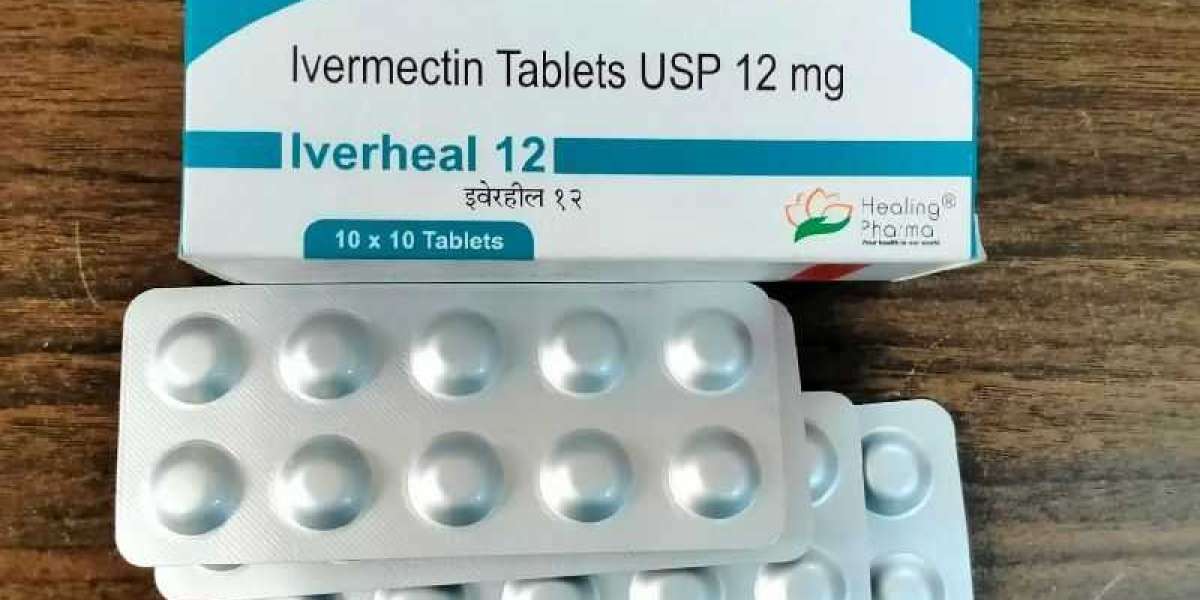In 2024, as interest in Buy ivermectin 12 mg online potential therapeutic uses continues to grow, it's essential to provide updated dosage and administration guidelines. This comprehensive overview aims to ensure safe and effective utilization of ivermectin, covering dosage recommendations, administration protocols, and considerations for various medical conditions.
Understanding Ivermectin: Ivermectin is a broad-spectrum antiparasitic medication that has been used for decades to treat a variety of parasitic infections, including onchocerciasis (river blindness), lymphatic filariasis (elephantiasis), strongyloidiasis, and scabies. It has also shown potential antiviral activity against certain viruses, although further research is needed to confirm its efficacy in this regard.
Dosage Recommendations: The appropriate dosage of ivermectin depends on the type of infection being treated and the patient's weight. In general, for the treatment of parasitic infections, a single oral dose of ivermectin is often sufficient. The typical dosage ranges from 150 to 200 micrograms per kilogram of body weight, administered as a single dose or in divided doses over several days.
Administration Protocols: Ivermectin is typically administered orally in the form of tablets or liquid suspension. It is important to take ivermectin on an empty stomach with a full glass of water to maximize absorption. For patients who have difficulty swallowing tablets, the tablets can be crushed or chewed before swallowing. Alternatively, ivermectin can be administered topically in the case of certain ectoparasitic infections such as scabies.
Considerations for COVID-19: In the context of COVID-19, interest in Ivermectin For Sale as a potential treatment or prophylactic agent has surged. However, it is crucial to emphasize that the use of ivermectin for COVID-19 remains controversial and is not universally recommended by health authorities. Any use of ivermectin for COVID-19 should be based on robust clinical evidence and conducted under the supervision of a qualified healthcare provider.
Special Populations: Special considerations may apply to certain populations when prescribing ivermectin. For example, caution is advised when using ivermectin in pregnant or breastfeeding women, as well as in young children and elderly individuals. Close monitoring and dose adjustments may be necessary in patients with liver or kidney impairment to prevent potential adverse effects.
Adverse Effects: While ivermectin is generally well-tolerated, adverse effects may occur, particularly at higher doses or with prolonged use. Common side effects include gastrointestinal symptoms such as nausea, vomiting, diarrhea, and abdominal pain. Rare but serious adverse effects, such as neurotoxicity and allergic reactions, may also occur and require prompt medical attention.
Monitoring and Follow-up: Patients receiving ivermectin therapy should be monitored closely for the development of adverse effects and treatment response. Follow-up appointments with healthcare providers may be scheduled to assess the efficacy of treatment and adjust the dosage or duration of therapy as needed.
Conclusion: By adhering to updated dosage and administration guidelines for ivermectin in 2024, healthcare providers can ensure safe and effective use of this medication for the treatment of parasitic infections and other potential therapeutic indications. It is essential to remain vigilant, exercise caution, and prioritize evidence-based practice when prescribing ivermectin to optimize patient outcomes and promote public health.



